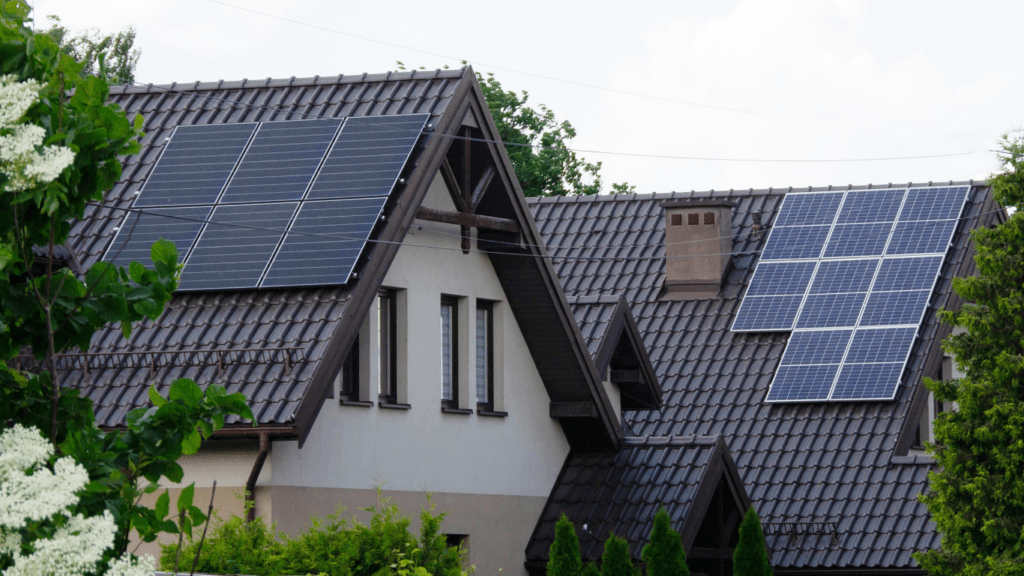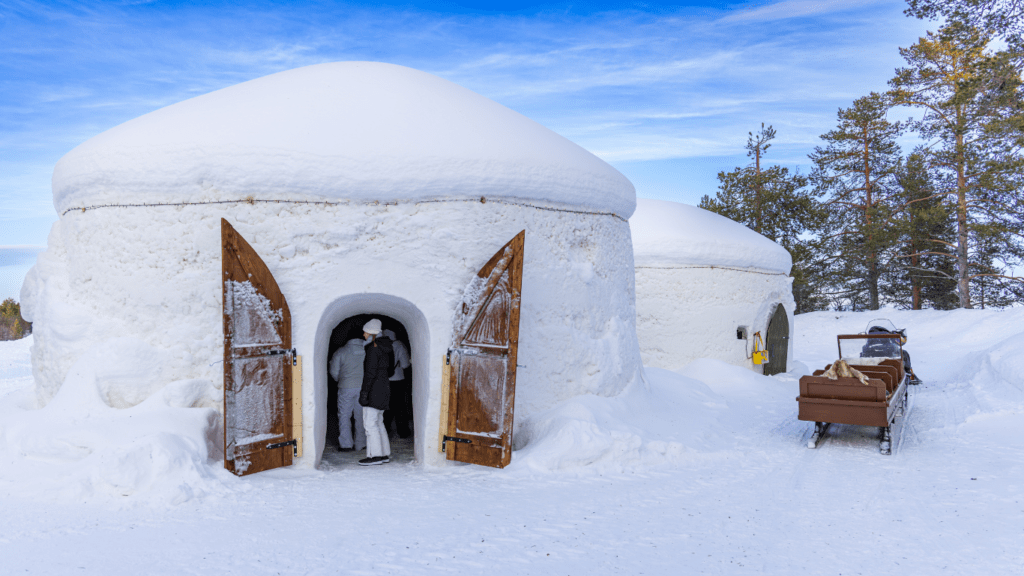Nestled in the French Alps, Courchevel is not just a winter wonderland for skiing enthusiasts but also a beacon for sustainable tourism practices. As I explore the eco-friendly initiatives in this picturesque destination, I am struck by the harmonious blend of luxury and environmental consciousness.
From energy-efficient chalets to waste reduction programs, Courchevel sets a shining example of how a premier ski resort can prioritize sustainability without compromising on visitor experience. As I delve deeper into the green initiatives shaping the future of tourism in Courchevel, it becomes evident that preserving the pristine beauty of the Alps is a collective commitment embraced by locals and tourists alike.
Exploring Sustainable Tourism in Courchevel
Sustainable tourism focuses on minimizing the impact on the environment, culture, and society while providing a unique experience for travelers. It involves practices that support local communities, conserve natural resources, and preserve cultural heritage.
What Is Sustainable Tourism?
Sustainable tourism aims to protect natural and cultural resources, support local economies, and engage travelers in responsible travel experiences. It promotes environmental conservation, reduces carbon footprints, and benefits the well-being of local communities.
Why Courchevel?
Courchevel stands out as a prime example of sustainable tourism due to its eco-friendly initiatives and commitment to preserving the environment. The premier ski resort not only offers luxurious experiences but also prioritizes sustainability through energy-efficient chalets, waste reduction programs, and ecosystem preservation projects. The collective dedication of both residents and visitors alike in implementing green practices shapes Courchevel as a model for sustainable tourism in the Alps.
Key Eco-Friendly Practices in Courchevel

In Courchevel, sustainability isn’t just a buzzword; it’s a way of life. Let’s explore some of the key eco-friendly practices that set this alpine retreat apart.
Energy Conservation Initiatives
Courchevel has embraced energy-efficient technologies to reduce its carbon footprint. From implementing smart chalets that optimize heating and lighting systems to installing solar panels on rooftops, the resort is a pioneer in sustainable energy practices. By prioritizing energy conservation, Courchevel not only minimizes its environmental impact but also sets a positive example for other mountain destinations.
Waste Management Solutions
Waste reduction is a top priority in Courchevel’s sustainability agenda. The resort has implemented comprehensive recycling programs, composting initiatives, and strict waste disposal regulations to limit landfill waste. Additionally, partnerships with local organizations ensure that waste is managed efficiently and sustainably. Courchevel’s focus on waste management reinforces its commitment to preserving the natural beauty of the Alps and promoting a greener future for all.
Community Involvement and Sustainable Tourism
- Engaging Local Communities: I engage local communities by collaborating with them to promote sustainable tourism practices. This includes partnering with local businesses and residents to support eco-friendly initiatives and raise awareness about the importance of preserving the environment.
- Educational Programs and Awareness: I incorporate educational programs and awareness campaigns to inform both visitors and locals about sustainable tourism. By organizing workshops, talks, and events, I aim to educate individuals on environmentally friendly practices and encourage them to actively participate in preserving Courchevel’s natural surroundings.
Benefits of Eco-Friendly Tourism in a Luxury Resort
Courchevel’s eco-friendly practices not only contribute to environmental conservation but also bring about significant benefits in various aspects. Let’s delve into the advantages of embracing sustainable tourism in a luxury resort.
Environmental Impact
Implementing eco-friendly initiatives in a luxury resort like Courchevel results in a notable reduction in carbon emissions and waste generation. By utilizing energy-efficient technologies such as smart chalets and solar panels, the resort minimizes its ecological footprint while preserving the pristine natural surroundings of the French Alps. Through effective waste management strategies like recycling programs and composting initiatives, Courchevel sets a commendable example of environmental stewardship in the tourism industry.
Economic Benefits
Embracing sustainable tourism practices in Courchevel not only enhances its environmental reputation but also yields substantial economic benefits. By investing in green technologies and waste reduction programs, the resort not only reduces operational costs in the long run but also attracts environmentally conscious travelers seeking responsible tourism experiences. Additionally, Courchevel’s partnerships with local organizations and businesses to promote sustainability initiatives stimulate economic growth within the community, fostering a culture of environmental responsibility and financial sustainability.
Challenges Facing Sustainable Tourism in Courchevent
When it comes to sustainable tourism in Courchevel, there are some key challenges that need to be addressed to maintain a balance between development and conservation.
Balancing Development and Conservation
In Courchevel, one of the main challenges facing sustainable tourism is striking a balance between the development of tourism infrastructure and the conservation of the natural environment. As the resort continues to grow and attract more visitors, there is a constant need to expand facilities and services while preserving the unique alpine ecosystem. This delicate balance requires careful planning and sustainable practices to ensure that future development does not harm the local flora and fauna or lead to overexploitation of natural resources.
Seasonal Tourism Impacts
Another significant challenge in sustainable tourism in Courchevel is managing the impacts of seasonal tourism on the environment. The resort experiences fluctuating visitor numbers throughout the year, with peak seasons putting pressure on the local environment in terms of waste generation, energy consumption, and transportation emissions. Balancing the economic benefits of tourism with the need to minimize environmental impacts during high seasons is crucial for promoting sustainable practices in Courchevel. Implementing strategies to reduce off-season lulls and spread visitor numbers more evenly across the year can help mitigate these challenges and ensure long-term environmental sustainability.

 Charleson Youngoron
Is the visionary founder of Winder Sportisa, a company dedicated to excellence in the sports industry. With a passion for both sports and business, Charleson has combined his extensive knowledge and experience to create a dynamic organization that prioritizes community, integrity, and innovation. Under his leadership, Winder Sportisa has grown into a respected name, known for its commitment to creating an inclusive and supportive environment. Charleson's dedication to these core values has been instrumental in shaping the company's culture and guiding its success. His forward-thinking approach and unwavering commitment to quality continue to drive Winder Sportisa to new heights.
Charleson Youngoron
Is the visionary founder of Winder Sportisa, a company dedicated to excellence in the sports industry. With a passion for both sports and business, Charleson has combined his extensive knowledge and experience to create a dynamic organization that prioritizes community, integrity, and innovation. Under his leadership, Winder Sportisa has grown into a respected name, known for its commitment to creating an inclusive and supportive environment. Charleson's dedication to these core values has been instrumental in shaping the company's culture and guiding its success. His forward-thinking approach and unwavering commitment to quality continue to drive Winder Sportisa to new heights.
